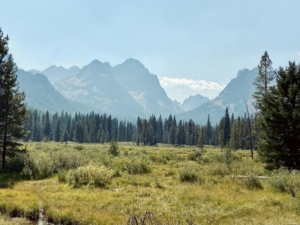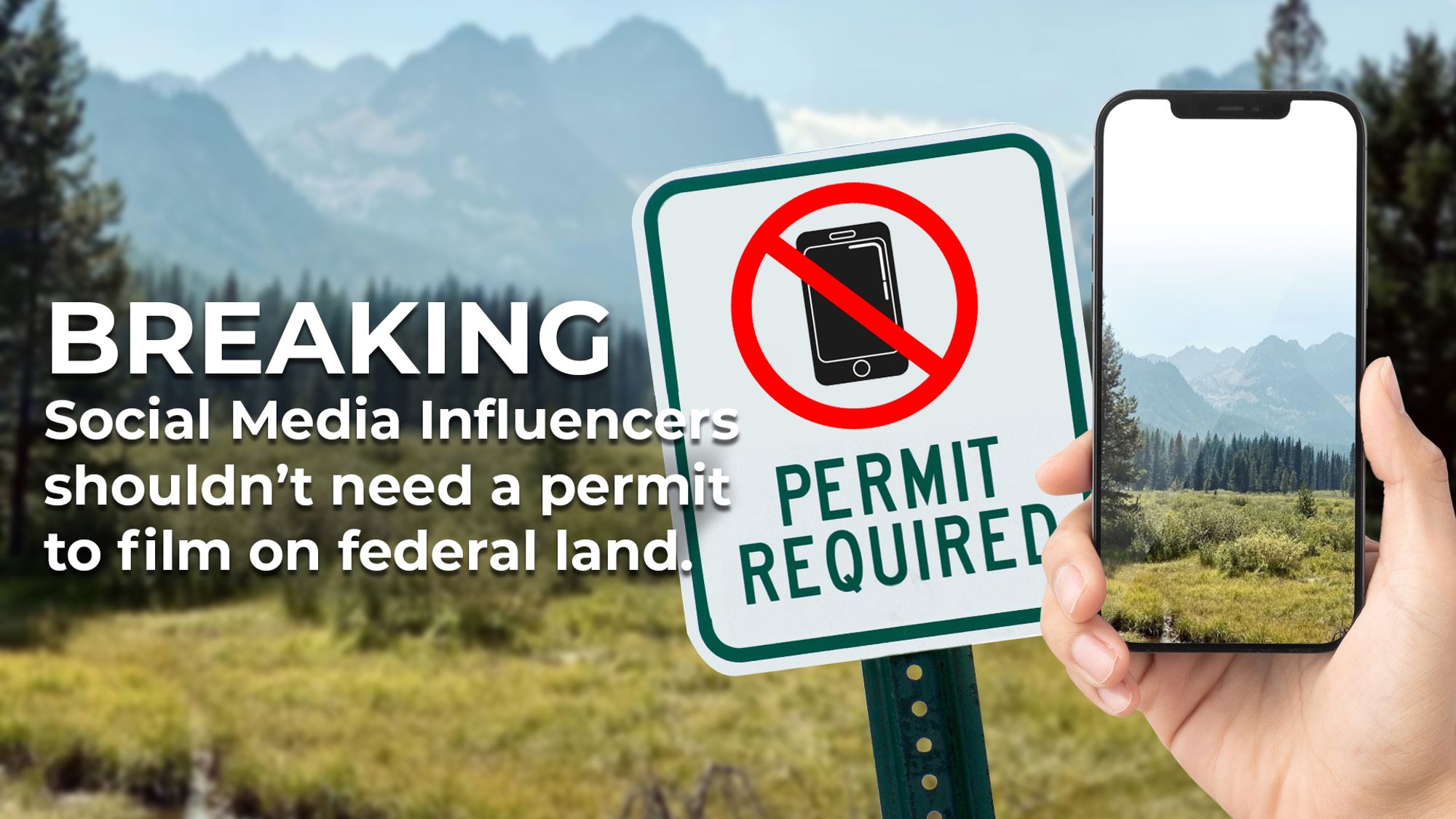 Big Government loves to put red tape around everything it can. But when the government creates a permitting regime that restricts freedom of the press, the First Amendment demands a good reason. And more often than not, the government doesn’t have one.
Big Government loves to put red tape around everything it can. But when the government creates a permitting regime that restricts freedom of the press, the First Amendment demands a good reason. And more often than not, the government doesn’t have one.
On Wednesday, the Center for American Liberty filed an amicus brief in support of the BlueRibbon Coalition’s challenge to the Federal Government’s unconstitutional permitting requirement for newsgathering on federal land. The Center for American Liberty brief asks the federal district court for Idaho to protect the right of all Americans to engage in newsgathering activity on federal land that is open to the public.
Federal law requires the Secretaries of Agriculture and the Interior to create a permitting and fee requirement for all “commercial filming activity” that takes place on most federal land. The supposed purpose of this permitting regime was to protect federal lands from potential negative environmental impact caused by large commercial filming projects, like those from Hollywood studios. However, in the age of smartphones and social media, these requirements now have a much wider impact—anyone who films content and posts it online to make money must first receive a permit to do so.
For example, if an Instagram influencer, who makes money off her social media accounts, uses an iPhone to make a video on federal land, she must first obtain a permit before filming. Or, if an independent journalist films content on federal land and posts it on a monetized blog, he’s required to get a permit.
And like all bureaucratic requirements, these permits often take weeks to process. As a result, this permitting regime effectively prohibits spontaneous filming activity on federal land.
This violates the First Amendment.
The permitting regime tries to carve-out “newsgathering” from the permitting requirement—but this exception is impermissible because it only applies to “representatives of a news outlet.” In effect, this creates an exemption for legacy, institutional press corps, while leaving behind independent journalists or individuals who monetize their online presence. This is special treatment, plain and simple. And the Supreme Court has repeatedly rejected special treatment for “the institutional press.”
Modern journalists are far different from those of just a few decades ago. The advent of smartphones and social media means anyone can be a journalist at any given time. Government regulatory regimes must recognize this reality when regulating newsgathering activity like commercial filming.
Requiring certain members of the public to pay a fee and wait weeks for a permit before they can engage in newsgathering and free speech violates the First Amendment.
It’s time to tear down this unconstitutional red tape.

